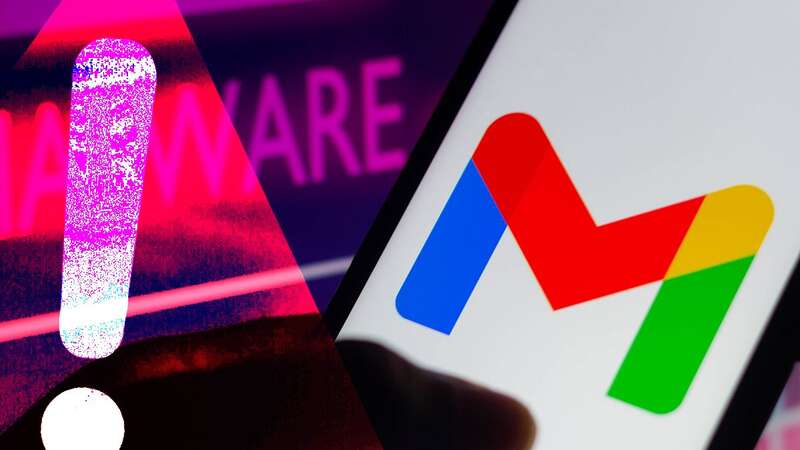
Everyone with an email account needs to keep a close eye on their inbox as hackers try a swathe of new tactics in a bid to steal personal data and fill PCs with vicious malware.
That's the latest warning from cybersecurity expert Chris Bluvshtein who has urged users of services such as Gmail and Outlook to remain vigilant when opening the daily flurry of messages. Email scams clearly aren't anything new but cyber crooks are now refining their tactics and using clever tricks to try to fool unsuspecting consumers into opening digital messages that can be incredibly dangerous.
Latest ploys include tempting subject lines that entice users to click, along with adding a sense of urgency to the message in the hope that people will act without thinking first.
If your inbox is being flooded with notifications and you don't want to be caught out by the next nasty scam here's some top advice from VPNOverview's Bluvshtein to avoid becoming a victim of hackers.
Watch out for delivery emails
 Pub delivers five-word response to critics of its 'slow' carvery service
Pub delivers five-word response to critics of its 'slow' carvery service
If you've ordered something from a store and received a confirmation email you know it's probably not a scam. However, hackers are using the explosion in online shopping to try and trick people into clicking on dangerous links.
According to Bluvshtein, one of the most popular scams is suggesting that "Your delivery was unsuccessful".
This trick plays on the idea that you have missed the post or courier. As a result, you will usually then be asked for personal information like your name and address. Submit those details and you will probably be asked for payment information to cover missed delivery fees. Sadly, if that information is presented, the scammers have won.
Prizes aren't what they seem
We all love winning something but be careful if you suddenly see an email congratulating you.
"Clicking on a link that says you have won something will likely lead to you being asked for information that could be passed onto cybercriminals," Bluvshtein explains.
Worst case, it could open your device up to the risk of a computer virus which can then be used to steal data and even watch what you're doing on the screen.
 (Getty Images)
(Getty Images)Subscription tactics
We've all got loads of subscriptions such as Prime Video, Netflix and Spotify along with antivirus plans that keep PCs safe. That makes it pretty easy for hackers to try and trick you into thinking one of them is about to expire.
 Millions of Android owners could slash 'vampire bills' – how to save money
Millions of Android owners could slash 'vampire bills' – how to save money
"Phishing scams may try to trick you into thinking that your antivirus software - McAfee for example – needs renewing," said Bluvshtein.
A link is often included in the message that urges you to sign up again but if clicked all you're doing is handing over personal details to a cyber crook.
Contact scams
"You contacted us first", the message will read. This a sneaky tactic as most people hate thinking they have accidentally forgotten about a message.
When this type of email lands in an inbox it's really tempting to click and find out what is going on but think twice if you don't know who the message is from
You are suddenly rich!
Sorry, but unless you win the lottery it's unlikely you've suddenly come into some cash. Sadly, with the cost of living crisis leaving many low on money the “get rich quick” scams still work.
Bluvshtein says they have also evolved in recent years. Rather than going down the route of making money fast, there is now an uptick in cryptocurrency-related scams that encourage you to make a long-term investment into something like Bitcoin. Unfortunately, the new angle puts you at just as much risk.
Remember some simple rules before opening any emails.
• If you don't recognise who it's from leave it well alone
• Check for grammar and spelling mistakes as these can be an instant red flag
• Never click on links or hand over details unless you are 100% sure the email is real
• Don't download attachments or be tempted to open a file sent within a message
Read more similar news:
Comments:
comments powered by Disqus





























